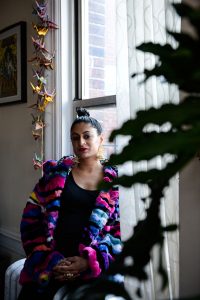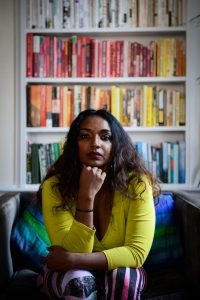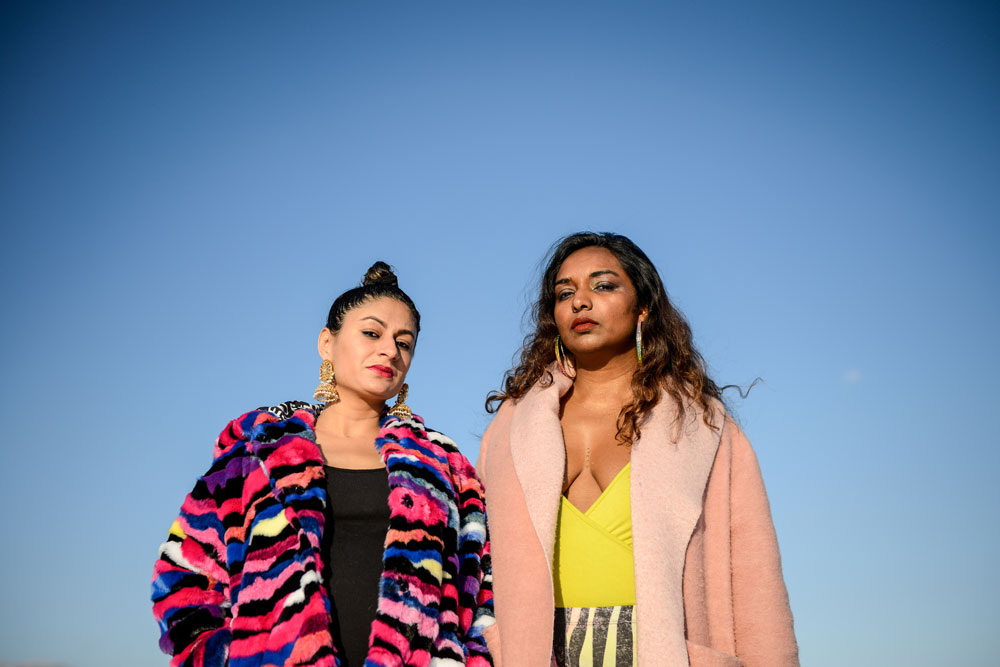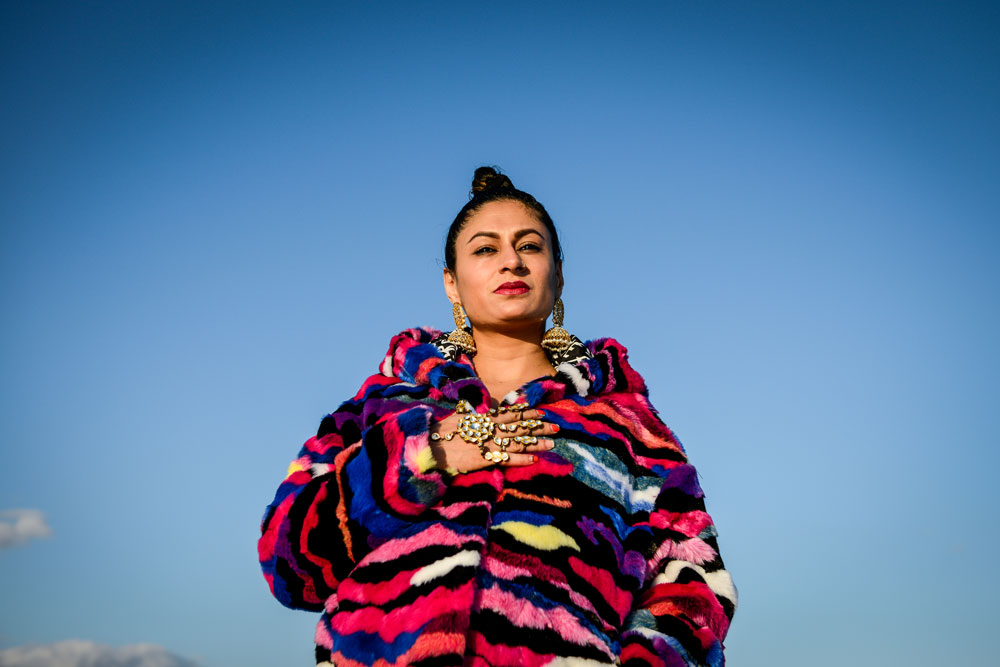What comes to minds when you think of an Aunty? Traditionally you know them as your mother or father’s biological sister. No matter the memory – good or bad – it’s no doubt, Aunties are powerful and there’s a podcast all about it.
Rage Kidvai & Thanu Yakupitiyage are the multi-talented creators of the Bad Brown Aunties podcast. The media duo chatted with Urban Stories about the podcast’s mission to honor Aunty figures of color as well as helping others embrace the Aunty within them.
Thanu and Rage are both from South Asia. Thanu was raised in Sri Lanka and Rage in Pakistan. They met in the USA during college where they developed their love for media and storytelling which would soon lead to the creation of Bad Brown Aunties. But besides producing the podcast, the two are both genuine activists. One of their many day jobs is centered around advocating for social justice. Rage is an organizer in the criminal legal system or the “criminal punishment system” they sternly call it and Thanu works in climate justice and in immigrant rights. For them, forms of activism was always present in their childhoods. The podcast helps them combine storytelling and activist passions into one. Season 1 recently wrapped and season 2 of Bad Brown Aunties will return in 2020 with more conversations from influential Aunty figures. Check out the conversation below!
Rage Kidvai
Bad Brown Aunties is a homage to Aunties and a redefinition of our cultural tropes around Aunties. Often Aunties are characterized as vacuous or unintelligent or gossipy or not having really participated in movements in any sort of substantial way. We wanted to shift that since so many of the people that have inspired us in our own work as activists have been Aunties themselves
Rage Kidvai, Creator of Bad Brown Aunties Podcast
We started doing Bad Brown Aunties because often we saw that white people were seen as experts in the lives of people of color, and we really wanted to make sure that we shone a light on people of color who are experts in their own lives as opposed to having white people talk about immigration when they haven’t experienced it, or racism when they haven’t experienced it.
I grew up in Pakistan with a mother who was not at all deferential to the police. My mother is one of the founders of the feminist movement in Pakistan. I grew up with a lot of Aunties that were activists. It’s been really interesting to hear about people’s own Aunties, their own mothers, their grandmothers.
The first episode we had Kindness talking about their grandmother and Auntie-like figure who participated in anti-apartheid struggle. And then to talk to Lupita [Nyong’o] and hear her talk about her own mother and the ways in which she really helped her stay grounded and helped their family while their father was essentially being tortured. We get to hear these parts about people’s lives that I think are really personal but also extremely political. And that is one of the most exciting parts for me about Bad Brown Aunties.
Thanu Yakupitiyage
The podcast is a form of culture-making and storytelling that is very connected to the activism that we do. I do a lot of activism around immigrant rights and around climate justice. Rage does a lot of work around immigration as well and the criminal punishment system. We really incorporate those interests into the podcast. Our episodes, they’ve touched [on] issues of racism and colorism, issues of mental health and issues of violence against queer and trans people. You hear and learn and identify with a different person with different experiences.
Thanu Yakupitiyage, creator of Bad Brown Aunties Podcast
I come from a family of educators. My father is a professor. My mother’s a teacher. I grew up in a divorced family. In Asia, at the time, it was very taboo for two daughters to be growing up with their father and not with their mother. I experienced a lot of ostracization from the South Asian community. I spent a lot of time rejecting all of that. In some ways it was just like there was always these building blocks around the kinds of stories I was interested in telling and also the kind of activism that I wanted to be a part of. I remember I was 16 when 9/11 happened. That was [an] important moment in politicization, where I started to really understand imperialism and colonialism and the complex ways in which race and white supremacy works across the world.
We’re in a time of incredibly intense right wing governments [and] really extreme nationalism and ethno-nationalism. We’re in the midst of a climate crisis [and] in a time where borders are being really reified and where people are not being allowed to live the lives that they want to live, where trans and queer people are being violated on a daily basis. Right now, there are mass protests going on from Chile, to Ecuador, to parts of Europe and South Asia, the Philippines and Hong Kong. People really need to participate in what kind of world they want to see. That’s what keeps [us] wanting to do creative work. It’s both about fighting systems of oppression and it’s also about creating the world that you want to see.
You can listen to Bad Brown Aunties on iTunes, Spotify, Google Play, and Stitcher. Follow the co-hosts at @badbrownaunties and www.badbrownaunties.com!
Images by Marian Carrasquero







